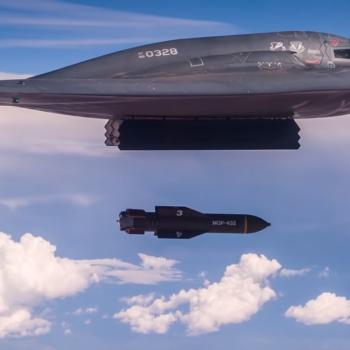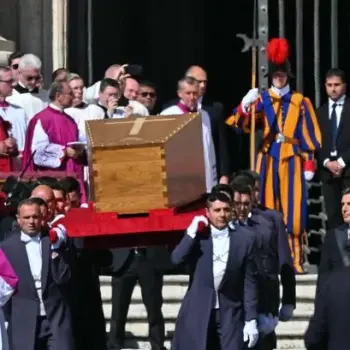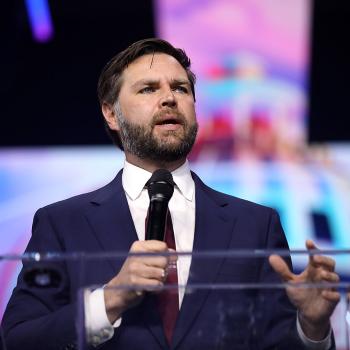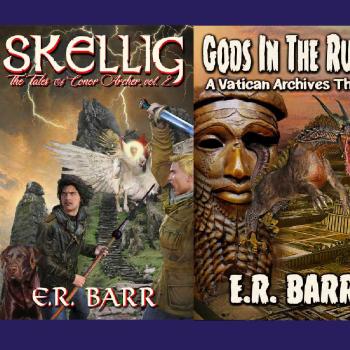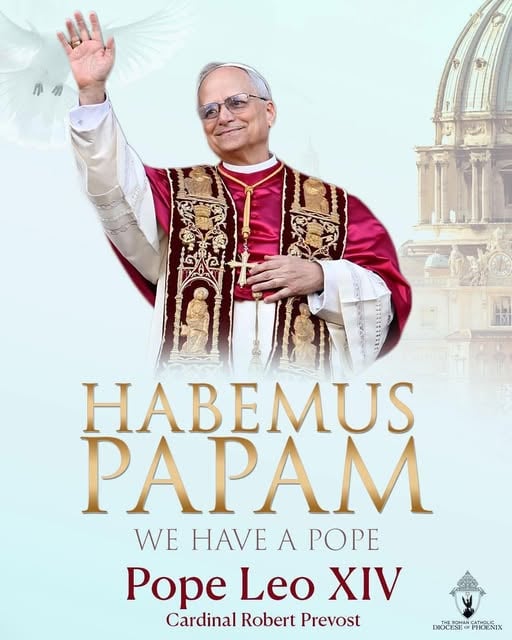
Surprising The World With An American Pope
America went bonkers. The world went wild. And all of us papal pundits felt absolutely gobsmacked at the surprising choice. Conventional wisdom held an American from the United States could not be elected pope. Why? Well, then the good old U.S.A. would be a superpower in the secular world and a superpower in the spiritual realm. No Cardinal wanted that to happen. Except no one told the Cardinals of the Roman Catholic Church, who on the fourth ballot elected Cardinal Robert Francis Prevost as the new pontiff. We are the Church of Surprises! And now, everything has changed.
The ancient ritual of papal selection–pope picking–amazingly captivated Catholics, other Christians, people of other faiths, and even atheists. Suddenly, everyone knew a bit of Latin. Habemus here, Oremus there, Extra omnes as the new way of telling people to get the hell out of here. Rumor has it the Navy Seals are going to be asking the Secretary of Defense for some cool uniforms like the special forces of the Vatican–the Swiss Guard–have.
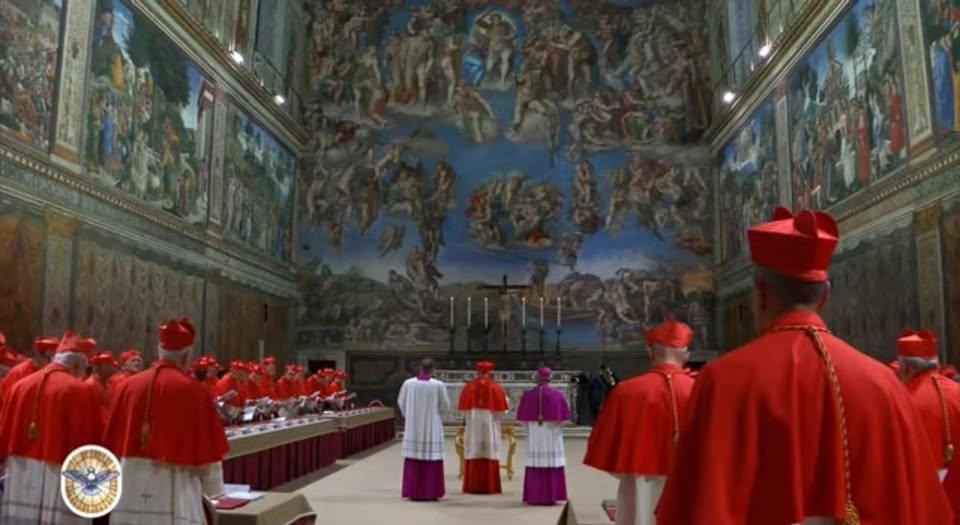
The World Loved The Conclave, But Critics Poked Holes In The Surprising Choice
So much fun. So beautiful. So uplifting. And most of all, so spiritual. Bill Fuller, a writer on Facebook said,
“The Church, in moments like this, reveals not just its grandeur but its enduring capacity to stir the soul.
The fusion of ancient ritual, sacred art, and human dignity—seen in full splendor under the Roman sky—
reminds us that Catholicism is not merely a religion, but a civilization.
That just about sums it up. But not all was sweetness and light. The RadTrads and the ultra-Left screamed, each in their own way, that the new pope was a danger to humanity. They didn’t know a thing about him. But it’s what they do, and some believe them. So why does this present incarnation of the Successor to St. Peter the Apostle, this Vicar of Christ on Earth, suddenly receive the opinions of billions on his worthiness to take this office?
Guidelines For Perspective–A Moderate Conservative
There are many reasons, but I’m here to give you some guidelines on forming your own perspective of Pope Leo XIV, one of the most important and influential men on Earth. Here are a few things to remember:
- He is a moderate conservative. In the Roman Catholic Church, a moderate conservative is well to the right of any conservative Republican. Even the liberal Pope Francis was to the right of most conservatives in America–except in the areas of sexuality and immigration. But to the right in every other way.
- Pope Leo is orthodox through and through. He holds every Catholic dogma and doctrine as true. How can I say this? Because he and I have a lot in common. We are both the same age—69 years. Our homes were 100 miles apart. We both went to high school seminary, though different ones, which even back in the early 70s was rare. A seminary is where one trains to be a priest, and the Church ran high schools for boys who were interested in priesthood. Robert Prevost wanted to be a priest since first grade. I was a late bloomer. Not until fourth grade did I hear the call. It seems we both enjoyed our high school experience because we graduated in 1973, still wanting to be priests. He went to Villanova and I went to St. John’s University in Minnesota. We graduated with our vocations intact in 1977. We entered major seminary, graduate school for priest wannabes–he at Catholic Theological Union of Chicago and myself at Catholic University of America in D.C., both considered liberal schools. We were the first of a new generation of seminarians–the Pope John Paul II generation of students who showed a decided wish to wash our hands of the spiritually chaotic ’70’s and embrace more orthodoxy in our faith. We were a constant burr under the kiesters of our liberal theology professors. In different schools, yet we studied from the same theological textbooks. We were Midwesterners ordained as priests in a church becoming more conservative and more evangelistic. And under Pope John Paul II, it was a great rush. Most priests ordained in our era were moderately conservative–so it’s a safe guess, especially after examining his writings and talks, that Pope Leo has kept that focus. Symbolically, when he came out on the loggia overlooking 150,000 people gathered in St. Peter’s square, he showed his cards by wearing the traditional mozetta and stole a new pope wears. Pope Francis did not do this. The new pope was setting a new tone which nearly everyone recognized.
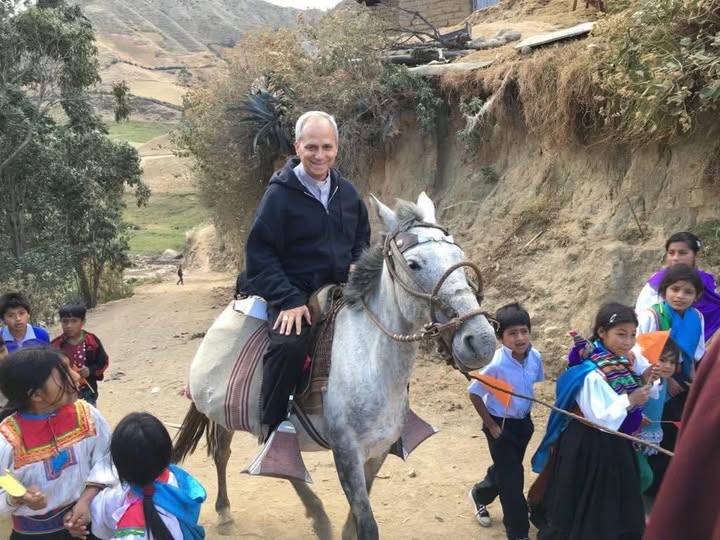
A Missionary Priest
- Robert Prevost became a missionary priest. That’s where our paths diverged as young priests. He belonged to the Augustinian religious order. I became a diocesan priest. My vision focused on the local church, his on the church of the peripheries. He became a missionary in Peru and spent most of his career as a priest and bishop there. I’m pretty sure we both kept our orthodoxy, but in areas of social justice, his vision expanded to encompass a larger Church of the poor and dispossessed. That’s why I can comfortably say that in areas of social justice, he is more liberal than I am, and I’m going to learn a lot from him in that area. The point is that his missionary work has enabled him to have a breathtaking vision of the worldwide church, making him very experienced to lead the 1.4 billion Catholics on earth. Make no mistake, the Cardinals chose him because of his Peruvian and Roman responsibilities, not because he was from the United States. His gifts far outweighed any doubts being a U. S. citizen might have caused them.
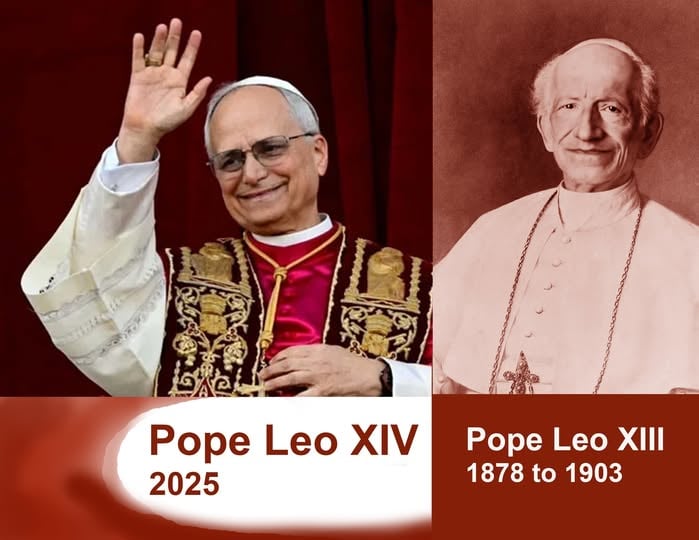
Not A Clone Of Francis
- He is no clone of Pope Francis, nor is he Francis 2.0. If he wanted to be that, he would have taken the name Pope Francis II. But he did not. Instead, he reached back almost 130 years to the last Pope Leo, who distinguished himself in social justice as well. One could call that Leo a liberal, but never a Marxist or Socialist. Pope Leo XIII’s magnum opus on worker’s rights and the Church’s obligation to speak for those who have no voice was called Rerum Novarum–‘On New Things’ (1891). Considered the standard bearer of the Church’s social teaching, it’s one of the most important documents ever written by a pope. It was the first papal encyclical to deal with the dangers and errors of BOTH Communism and Capitalism. In this encyclical, Leo defended both the rights of workers and respect for property and its proper uses. The document also put forth the powerful belief of that pope that the Church must confront modernity and not shy away from it. It must be involved in world affairs. In an address to cardinals two days after his election, the new pope referred to Leo XIII and said he chose the name “in response to another industrial revolution and to developments in the field of artificial intelligence that pose new challenges for the defense of human dignity, justice, and labor.” That’s what shapes the new pope today, along with Pope Leo XIII’s belief in the existence of a malevolent force named Satan, poised to spread darkness and despair on earth, and the conviction that spiritual warfare is a responsibility for every Christian. This was the pope who wrote the popular Prayer to St. Michael the Archangel for protection against evil, still said in churches after Sunday Mass to this day. The fact that Robert Prevost chose the name Leo XIV was not by chance. One of the exciting things about his pontificate will be how this past pontiff continues to influence him.
- Remember the Augustinian charism of his religious order. If Franciscans find God in creation, Dominicans in study, Carmelites in prayer–Augustinians find God in the community. Friendship and unity among people reveal the presence of the Divine. A pontiff is a bridge-builder. This is a man who listens and brings unity out of the many swirling forces that make up the rambunctious Roman Catholic Church.
- He is known to be reserved, calm, kind, gracious, and caring. The people of Peru love him deeply. He was a pastor who cared for each of them as a person.
- He is not a charismatic preacher, but he is an excellent homilist. His thoughts are clear, to the point, spiritual, relevant to everyone’s personal experience, and easy to understand. People feel comfortable around him and are willing to listen.
- Pope Leo is a good administrator, essential to cleaning up the finances of the Vatican and assisting the bishops in administering the worldwide Church.

A Catholic, Formed In the United States, Who Gets Us
- He gets us. His experiences are our experiences. We know this man. We think he could be our friend. He is such a jump-start to the fading Catholic faith in the United States. He eats hot dogs, goes to White Sox and World Series games, probably likes the Bears (everyone makes mistakes), has watched the same TV shows we have, and plays tennis. In other words, we can relate to him and hopefully will listen to him when he talks about the importance of Jesus Christ.
- He is young enough (69) to have the energy to guide the Church for many years.
- He is a classic Catholic who will insist the Church interact with the world without giving up her values. He will bring change, but it will be change that leads people to be their better selves by experiencing God more deeply through Scripture and through the Eucharist.
People said, at first, that he was not a known quantity. But look how easy it was to demonstrate some important characteristics about him, even during these first few days of his pontificate. So much more could be said. I hope this is enough for now to assuage anyone’s doubts that he might be bad for the Church or weaken our beliefs. I hope these facts help stop some of the slander spoken on the internet. I hope that as we get to know him more, all of us will find in him a great intellect to instruct us, a kindly shepherd who walks with us, a joyous upholder of traditional faith who energizes us, and a light to combat the darkness and evil we find in our culture.




